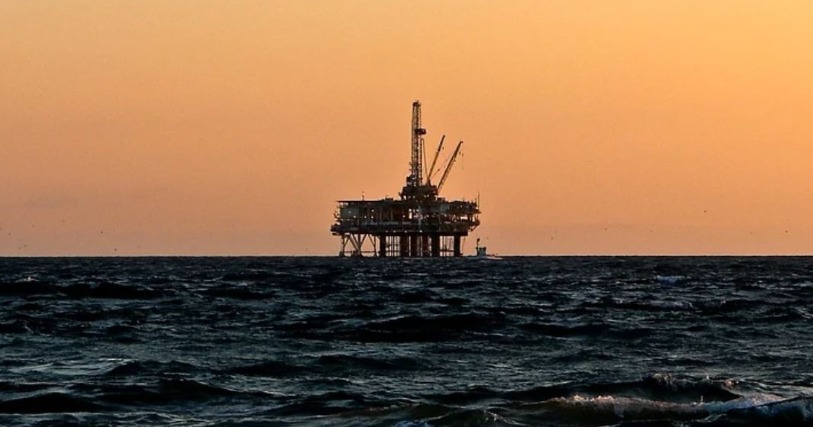
Oil-laced water was routinely spilled into British waters over the last five years, with government limits on oil releases breached.
20,000 tonnes of oil were released into British waters by fossil fuel companies over the last five years, according to data from campaigners.
The figures come from a report published by non-profit group Uplift, who campaign for a fossil-fuel free UK.
Whilst UK government permits do allow small releases of oil-laced water - a by-product of drilling - Uplift says nearly half of the leaks they surveyed breached those limits.
The government imposes a maximum limit of 30 parts of oil per million parts of water.
A UK government spokesperson said: “We monitor offshore pollution incidents closely, and we are clear that companies should not be breaching their permit conditions.
“If they do, appropriate action will be taken, including the use of fines.”
Protected Areas at Risk
Uplift's director and founder Tessa Khan told us: "Because companies operate out of sight, people haven't fully grasped what's going on - but that certainly doesn't mean it's not damaging.
"What was really shocking for us was evidence that this happens in marine protected areas (MPAs) where we currently allow oil and gas drilling.
"These companies could certainly afford to do a lot more to clean up their act, but they're choosing not to, and the UK government isn't doing enough to make them pay the price for that."
Uplift also says that in the latest offshore oil and gas licensing round, 352 sites fall within or overlap with designated MPAs, and 166 of the sites being offered are fully within a protected zone.
Harm to Marine Life
Their report also highlights the impact of oil slicks on marine animals, such as harbour porpoises, which are abundant in the UK's waters.
Uplift says "Oil slicks on the surface also pose a serious challenge to porpoises as they must return to the surface every 5 minutes or so to breathe.
"Their blow holes can easily become contaminated with oil, toxic vapours, and other pollutants from the surface."
Ms Khan says: "The oil also disperses to the bottom of the sea where it affects the really rich benthic habitats we have - that's cold-water coral, sponge forests and all the species that make sure the bottom of the local food chain.
"There's also seismic airgun testing, which happens during exploration.
"This involves some of the loudest manmade noises on the planet, which are heard thousands of kilometres away they can send some marine mammals deaf."
Industry Response
Mark Wilson, from industry body Offshore Energies UK said “The industry itself also takes all such releases very seriously, regardless of size or potential for harm and is focused on driving continuous improvement.
"Our latest data, covering 2022, published in our environment report for that year, shows that the amount of oil released in ‘produced water’ fell by 10%.”


 Laurencekirk station marks 15th year with one million journeys milestone
Laurencekirk station marks 15th year with one million journeys milestone
 Man, 30, jailed for serious sexual assault in Aberdeen
Man, 30, jailed for serious sexual assault in Aberdeen
 Man charged after £300k worth of cannabis found
Man charged after £300k worth of cannabis found
 Woman becomes first from Aberdeen to reach Everest summit
Woman becomes first from Aberdeen to reach Everest summit
 14°C
14°C
 14°C
14°C
 15°C
15°C